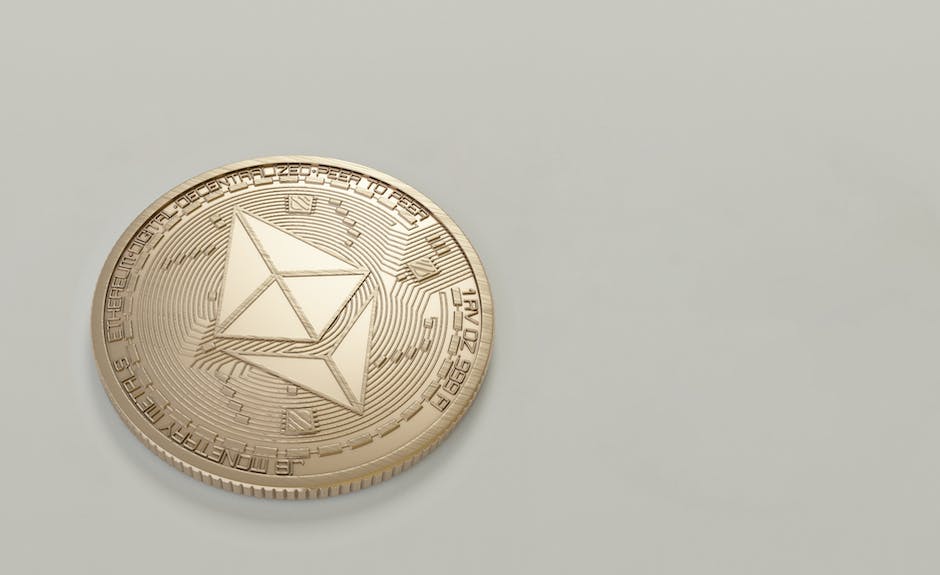The Role of Ethereum in the Evolution of Tokenization
Tokenization has emerged as a significant innovation in the world of finance, and Ethereum’s blockchain platform has played a pivotal role in its development and widespread adoption. With its decentralized nature and advanced smart contract capabilities, Ethereum provided a solid foundation for the creation of digital assets and the evolution of tokenization.
Tokenization, at its core, refers to the process of converting real-world assets into digital tokens that can be managed, traded, and transacted on a blockchain. This revolutionary concept has opened up new opportunities for investors, companies, and individuals to tokenize a wide range of assets, including artwork, real estate, commodities, and even intellectual property.
Ethereum, with its robust infrastructure and programmability, has become the go-to platform for creating and deploying tokens. Its native cryptocurrency, Ether (ETH), acts as the fuel for the network, facilitating transactions and powering the execution of smart contracts.
One of the key features that sets Ethereum apart is its ability to support the creation of smart contracts, which are self-executing agreements with predefined rules. These smart contracts eliminate the need for intermediaries and provide a high level of transparency and security in token transactions. They also enable the automation of processes, such as royalties distribution for artists or dividend payments for tokenized equities.
The Ethereum blockchain has also revolutionized the fundraising landscape through Initial Coin Offerings (ICOs). ICOs allow companies and projects to raise funds by issuing their tokens on the Ethereum platform. This democratization of fundraising has opened up opportunities for startups and entrepreneurs to secure financing from a global pool of investors, bypassing traditional barriers like geographical restrictions and expensive intermediaries.
Furthermore, Ethereum’s vast developer community has propelled the growth of decentralized applications (dApps) built on the platform. These dApps leverage the benefits of tokenization and enable users to interact with various services and platforms in a decentralized manner. From decentralized finance (DeFi) applications to gaming and supply chain solutions, Ethereum has become the breeding ground for innovative and disruptive projects.
Moreover, Ethereum’s compatibility with other tokens and its interoperability with different blockchains have further accelerated the adoption of tokenization. Through the ERC-20 token standard, developers can create and deploy compatible tokens on the Ethereum network, ensuring seamless integration with existing wallets, exchanges, and infrastructure. This compatibility has promoted liquidity and efficient trading across different tokens and platforms, fostering a vibrant ecosystem of decentralized exchanges (DEXs) and liquidity pools.
However, Ethereum is not without its challenges. As tokenization and the demand for decentralized applications continue to grow, the Ethereum network has faced scalability issues, leading to congestion and high gas fees. This has led to the exploration of layer 2 solutions and the upcoming Ethereum 2.0 upgrade, aiming to improve scalability, reduce fees, and enhance the network’s efficiency.
In conclusion, Ethereum has played a crucial role in the evolution of tokenization, providing a secure and programmable platform for the creation, management, and exchange of digital assets. Its underlying technology has empowered individuals and businesses to tokenize various assets, revolutionizing finance and unlocking new possibilities. As Ethereum continues to evolve and tackle scalability challenges, we can expect tokenization to shape industries and transform the way we perceive and interact with assets globally.







